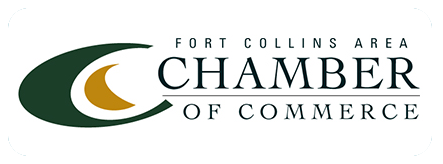What To Do About Computer Theft
The emergence from quarantine, coupled with economic hardship, is likely to place your laptop in a thief’s crosshairs. The value of the computer may pale in comparison to the cost of stolen data, not to mention the unenviable position of announcing a cyber incident to your clients.
Fortunately, there’s a lot you can do to dampen the impact of computer theft, most of which is free or low-cost. Let’s walk through it.
- Full Disk Encryption reads and sounds like ugly geek-speak, but it’s relatively easy to implement on Macs and PCs. Thousands of computers — especially laptops — are lost or stolen in the USA every week. Without full disk encryption, the thief can access the data on your drive. Your login password will not prevent data theft because the information on the disk is open to anyone if they remove the drive and install it on another computer or bypass the login with a USB boot drive.
If you’re tech-savvy, you can take a run at Full Disk Encryption yourself. If you hate tinkering with computers, have your tech do it for you. Before you dive in, keep in mind that Windows 10 computers you use in your business should have Windows 10 Professional Edition, not Windows 10 Home Edition. Here’s a comparison if you love reading tech material:
https://www.microsoft.com/en-us/windows/compare-windows-10-home-vs-pro
Also, you should purchase computers with a TPM chip. TPM stands for Trusted Platform Module and is a security feature I recommend for all computers. Business-class computers usually have this, but consumer-class computers often do not. You can research the technical explanation of TPM if you like, but it’s beyond the scope of this article.
Now let’s tackle the fun stuff. Full Disk Encryption on Windows 10 Professional Edition is called “BitLocker.” On macOS, it’s called “FileVault.” Both come included with their respective operating systems. Here’s how to set them up:
Windows 10 Professional Edition – Bitlocker
https://support.microsoft.com/en-us/help/4028713/windows-10-turn-on-device-encryption
macOS – FileVault
https://support.apple.com/guide/mac-help/encrypt-mac-data-with-filevault-mh11785/mac - Password Managers are for more than just passwords, but credit card info, lock codes, membership IDs, and much more. When you keep sensitive data in a password manager, such as 1Password or LastPass, your data is much less likely to be stolen regardless of other factors. Of course, you should use a strong password and two-factor authentication for signing in to the password manager.
- Tracking software such as Prey Project (PreyProject.com) will tell you the location of your computer or handheld device, along with several other features. Think of it as LoJack for your digital devices. Unless you’re striving to become a nerd, you’ll want to consult your technician before diving into this area. Prey Project has a free version and a home/small-business package that is reasonably priced. There are, of course, other reputable brands.
As always, if you have questions or stories to share, do not hesitate to drop me a line!




